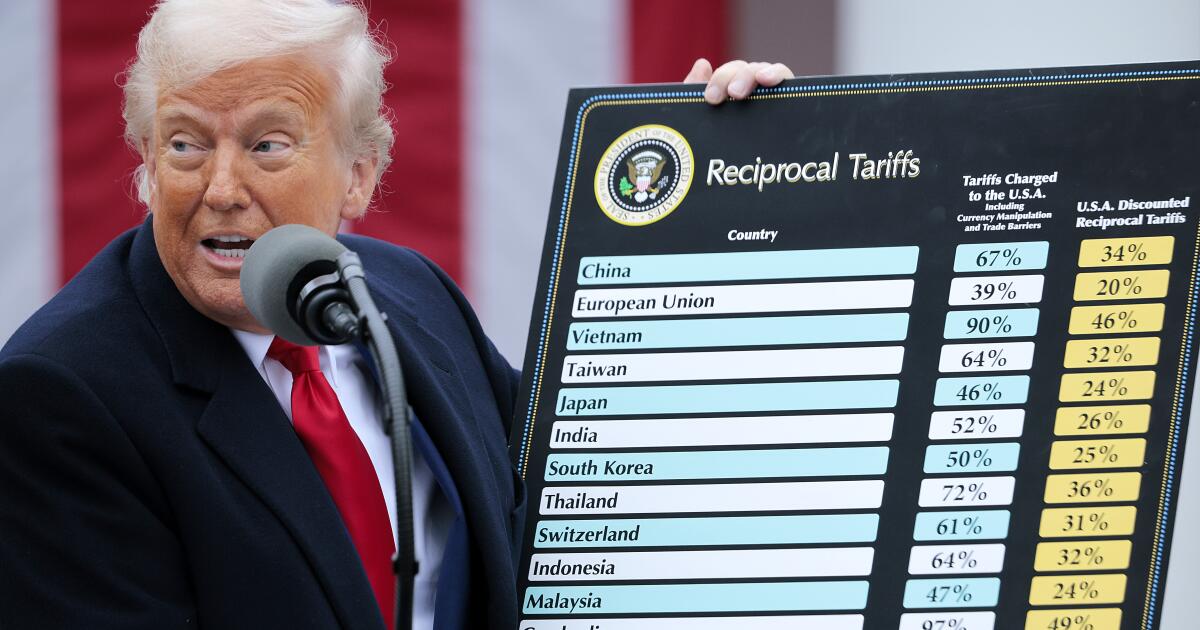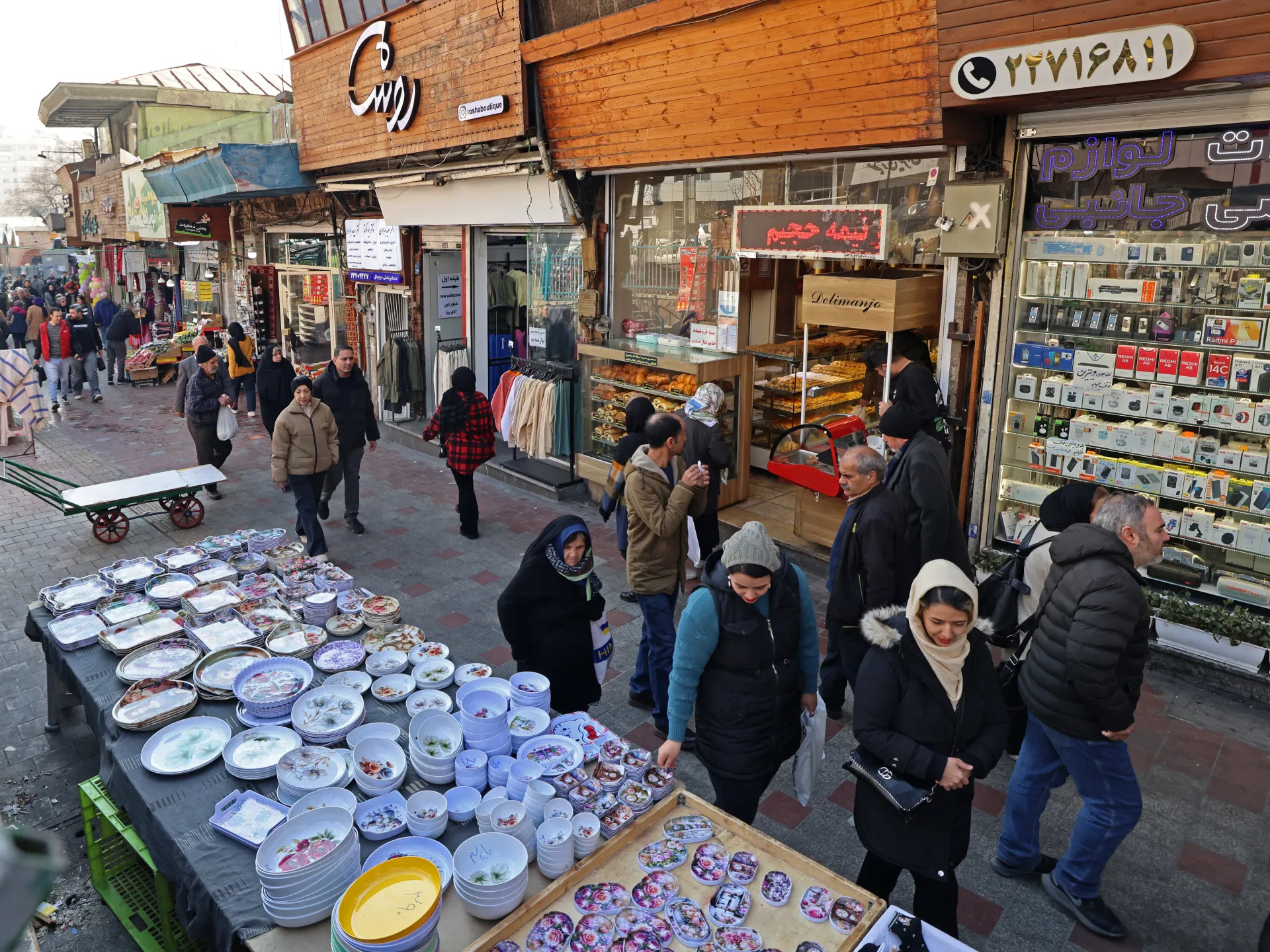Supreme Court rejects Trump’s tariffs as illegal import taxes
WASHINGTON — The Supreme Court ruled Friday that President Trump’s sweeping worldwide tariffs are illegal and cannot stand without the approval of Congress.
The 6-3 decision deals Trump his most significant defeat at the Supreme Court.
Last year, the justices issued temporary orders to block several of his initiatives, but Friday’s ruling is the first to hold that the president overstepped his legal authority.
Chief Justice John G. Roberts Jr., speaking for the court, said Congress has the power to impose taxes and tariffs, and lawmakers did not do so in an emergency law that does not mention tariffs.
“The President asserts the extraordinary power to unilaterally impose tariffs of unlimited amount, duration, and scope. In light of the breadth, history, and constitutional context of that asserted authority, he must identify clear congressional authorization to exercise it,” he wrote.
“And until now no President has read the International Emergency Economics Act to confer such power. We claim no special competence in matters of economics or foreign affairs. We claim only, as we must, the limited role assigned to us by Article III of the Constitution. Fulfilling that role, we hold that IEEPA does not authorize the President to impose tariffs,” Roberts wrote.
Justice Neil M. Gorsuch in a concurring opinion stressed the role of Congress.
“The Constitution lodges the Nation’s lawmaking powers in Congress alone,” he said.
Justices Clarence Thomas, Samuel A. Alito and Brett M. Kavanaugh dissented.
Trump claimed his new and ever-shifting tariffs would bring in trillions of dollars in revenue for the government and encourage more manufacturing in the United States.
But manufacturing employment has gone down over the past year, in part because American companies have been hurt by higher costs for parts that they import.
Critics said the new taxes hurt small businesses in particular and raised prices for American consumers.
The justices focused on the president’s claimed legal authority to impose tariffs as responses to an international economic emergency.
Several owners of small businesses sued last year to challenge Trump’s import taxes as illegal and disruptive.
Learning Resources, an Illinois company which sells educational toys for children, said it would have to raise its prices by 70% because most of its toys were manufactured in Asia.
A separate suit was filed by a New York wine importer and Terry Precision Cycling, which sells cycling apparel for women.
Both suits won in lower courts. Judges said the International Emergency Economic Powers Act of 1977 cited by Trump did not mention tariffs and had not been used before to impose such import taxes.
The law said the president in response to a national emergency may deal with an “unusual and extraordinary threat” by freezing assets or sanctioning a foreign country or otherwise regulating trade.
Trump said the nation’s long-standing trade deficit was an emergency and tariffs were an appropriate regulation.
While rejecting Trump’s claims, the lower courts left his tariffs in place while the administration appealed its case to the Supreme Court.

